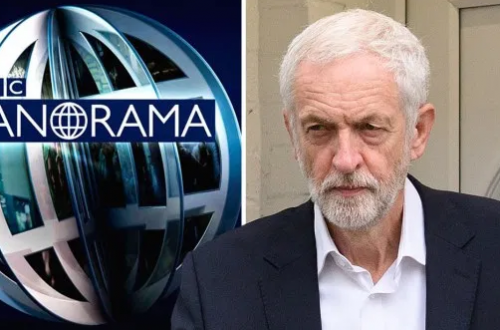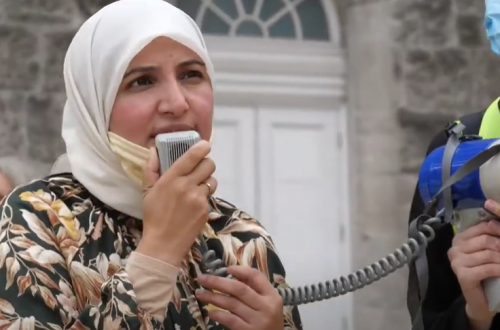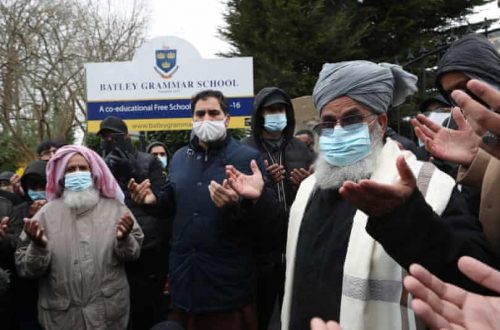This is a cross post from Student Rights
(Warning: This video and article contain pictures some people may find upsetting)
This week, as Student Rights launched our new report ‘Challenging Extremists: practical frameworks for our universities’, interaction between a spokesman for an organisation ‘No-Platformed’ by the National Union of Students and a student group highlighted by the report continues.
We have uncovered a video shared on 26 May by Asghar Bukhari, a founding member of the Muslim Public Affairs Committee (MPACUK), with students via the Facebook page of the ‘Belief and Reason Society’ at the School of Oriental and African Studies (SOAS).
In this video Bukhari addresses the camera and discusses both the distress he felt during the conflict which took place in Bosnia in the early 1990s and the frustration that he and others felt when local Imams refused to address the matter in their sermons.
He then tells viewers that:
“Until the Muslims think differently, until we understand that this propaganda war, this military war, is destroying our civilisation, our faith and our confidence in ourselves, we will never free ourselves from the slavery that we are currently, from the oppression that we are currently in.”
He goes on to say that:
“Brothers are attacked in the street. I know a brother myself who had his jaw broken. The Imam in my local mosque was beaten up by a group of men who ran into the mosque and smashed it up. When are we going to learn? Things are getting worse…The world is changing my brothers, and you need to wake up to that fact. You need to prioritise your faith and you need to start defending Islam and defending the Muslims.” .png)
He concludes his video with photographs of Bosnian Muslims killed by Serb soldiers, and by telling those watching that:
“You can make a difference, have faith in Allah and you will be victorious. But if you carry on trying to run away, trying to hide, trying to pretend that other issues are more important than the most important issue of defending your life, your family and your people’s lives and your religion, you will soon find that the fate of the Bosnian Muslims, who were massacred in their own homes by people who they lived next door to, is going to be your fate.”
Utilising the anger and fear caused by the ethnic cleansing of Muslims during the conflict in Bosnia has been described as “a very potent contemporary tool for Islamist radicalisation in the UK”.
Indian police interrogations of the British citizen Ahmed Omar Saeed Sheikh, convicted in 2002 for the murder of US journalist Daniel Pearl, suggested that he “had been radicalised by the Bosnia Week event at LSE”..png)
The implication that non-believers cannot be trusted not to turn on Muslims, even in countries with little ethnic strife, was also a tactic used by the now deceased Al-Qaeda cleric Anwar Al-Awlaki.
In a lecture called ‘The life and times of Umar Ibn Khattab’ he says “So in Bosnia, that’s what happened, they were very nice, I mean a brother was telling me, ‘they used to date our women, they used to be very close to us, neighbour to neighbour, very close’. But then Milosevic tricked them, bringing up these false legends of history and these nationalistic songs and all that. It inspired the people and they turned against the Muslims”.
While Bukhari and his organisation may only espouse ‘political Jihad’, suggesting to Muslim students that they are threatened with genocide by their neighbours is incredibly irresponsible and can only damage community cohesion.
This video is yet another example of how individuals are targeting student societies via social media to spread divisive messages and highlights the importance of our report.


